- The total length of Dakar BRT project is 18.3 km, with 23 closed bus stops
- 100% of all BRT running vehicles use electricity, which will be more environmentally friendly

On December 6, 2022, Senegalese President Maki Sal inspected the Dakar BRT project undertaken by CRBC, accompanied by the Minister of Finance, the Minister of Infrastructure Land Transport and Transportation and the Director of the Highway Bureau of Senegal.
Sal listened to Zhang Jianguo, the assistant general manager of the company and general manager of Senegal subsidiary, who reported on the overall situation of the project at the site of Bridge 6, and gave warm condolences to the Chinese and Cypriot employees involved in the construction. He expressed satisfaction with the progress of the project, and appreciated and thanked all parties involved in the project for their work.

Saler pointed out that BRT project is a well-known and proud project in Senegal, which can provide flexible travel services for the people under the conditions of greatly improving comfort, safety and regularity. In the future, the BRT project will be connected with the airport express trains in operation to build a diversified and modern transportation network in the capital. He expects CRBC and the project operator to cooperate and jointly promote the BRT project to achieve operation and commissioning as soon as possible, so that all citizens can take this express train of special significance by the end of 2023.
Dakar BRT Project
BRT project is the first rapid transit project in Senegal and the first electric bus rapid transit project in sub Saharan Africa. The project connects the coastal city of Gedyawaye and the center of Dakar, with a total length of 18.3km, 23 closed bus stations and 3 hub transfer stations.

After the completion of the project, the traffic time in the downtown area will be reduced from 90 minutes to 45 minutes, the daily average carrying capacity will be up to 300000 passengers, and the annual carbon emissions can be reduced by 60000 tons. It is an important part of Senegal's building a green, inclusive and sustainable modern public transport system, and is of great significance for promoting the revitalization plan of emerging Senegal. (Please refer to www.seetao. com for reprinting) See He Yuting, editor of the the Belt and Road column of Daowang
Comment
 Praise
Praise
 Collect
Collect
 Comment
Comment
 Search
Search


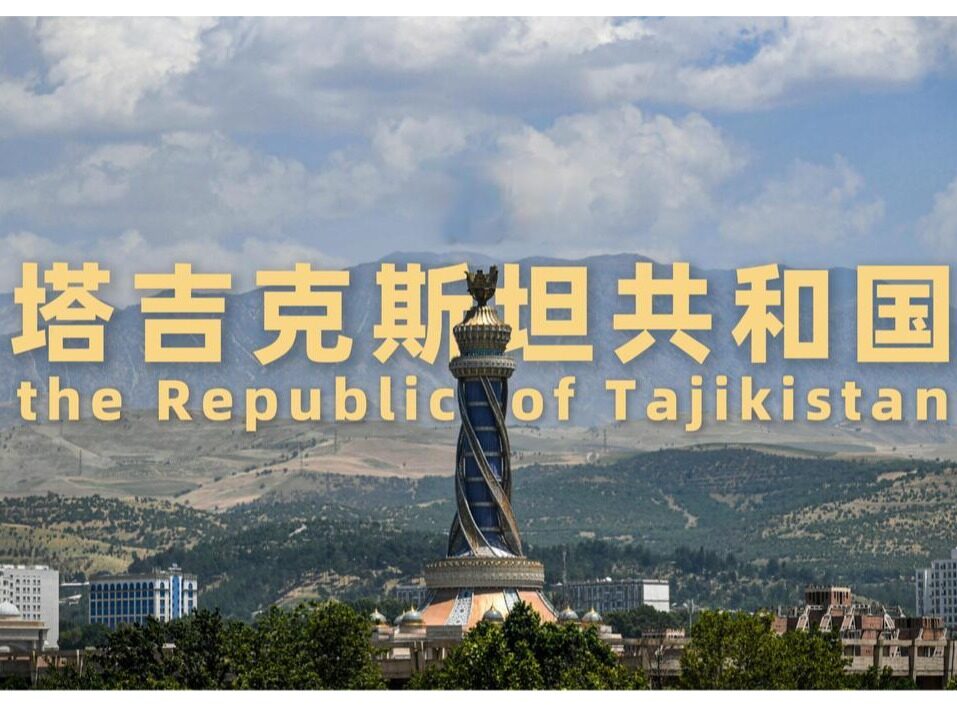
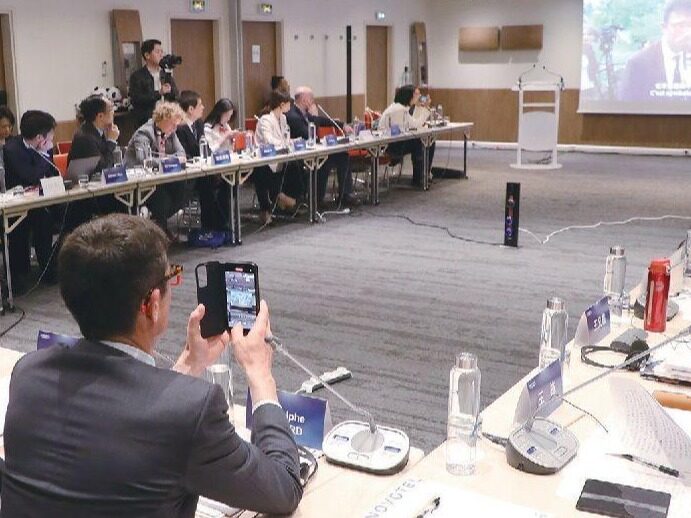
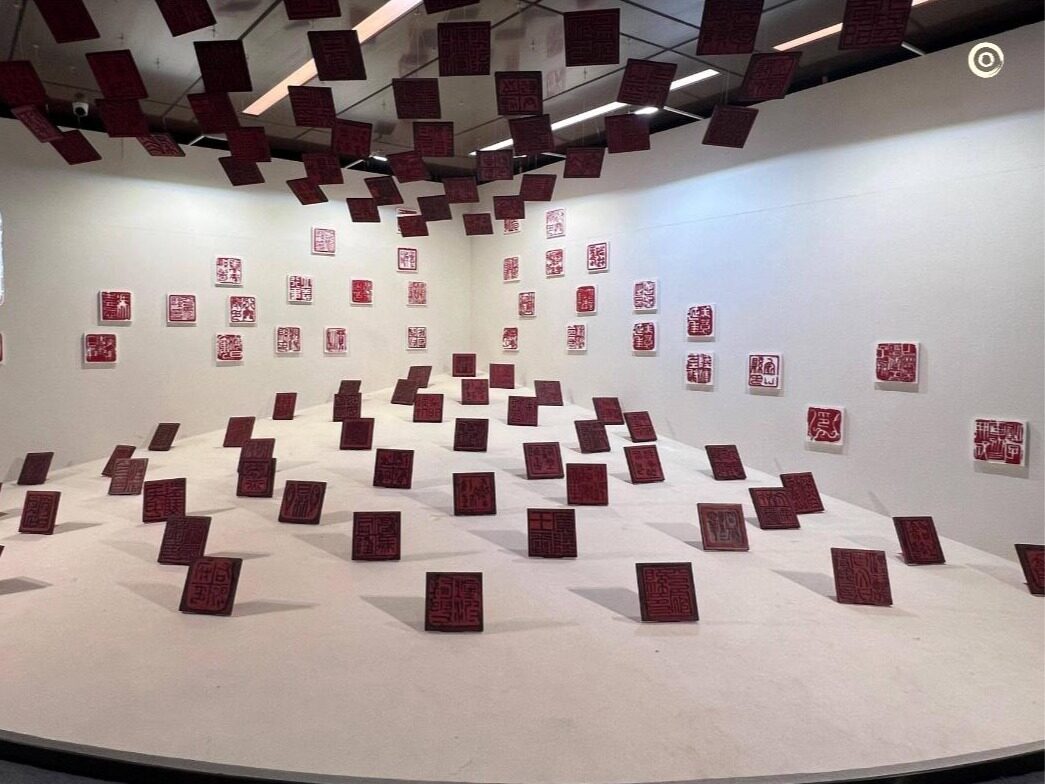
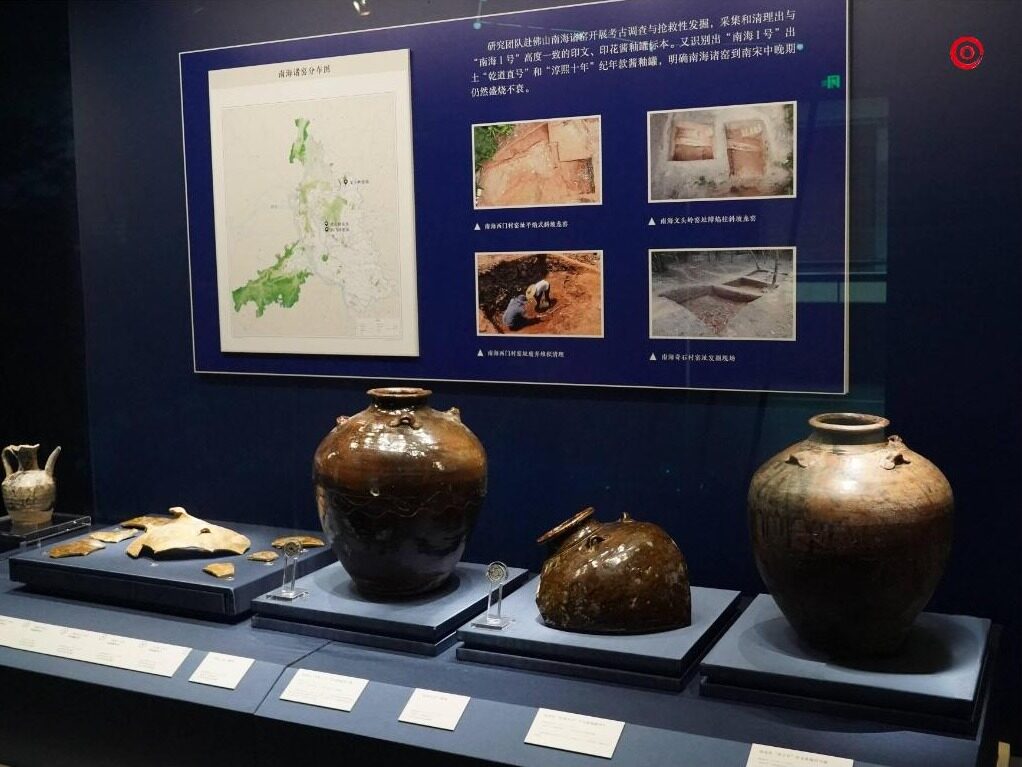
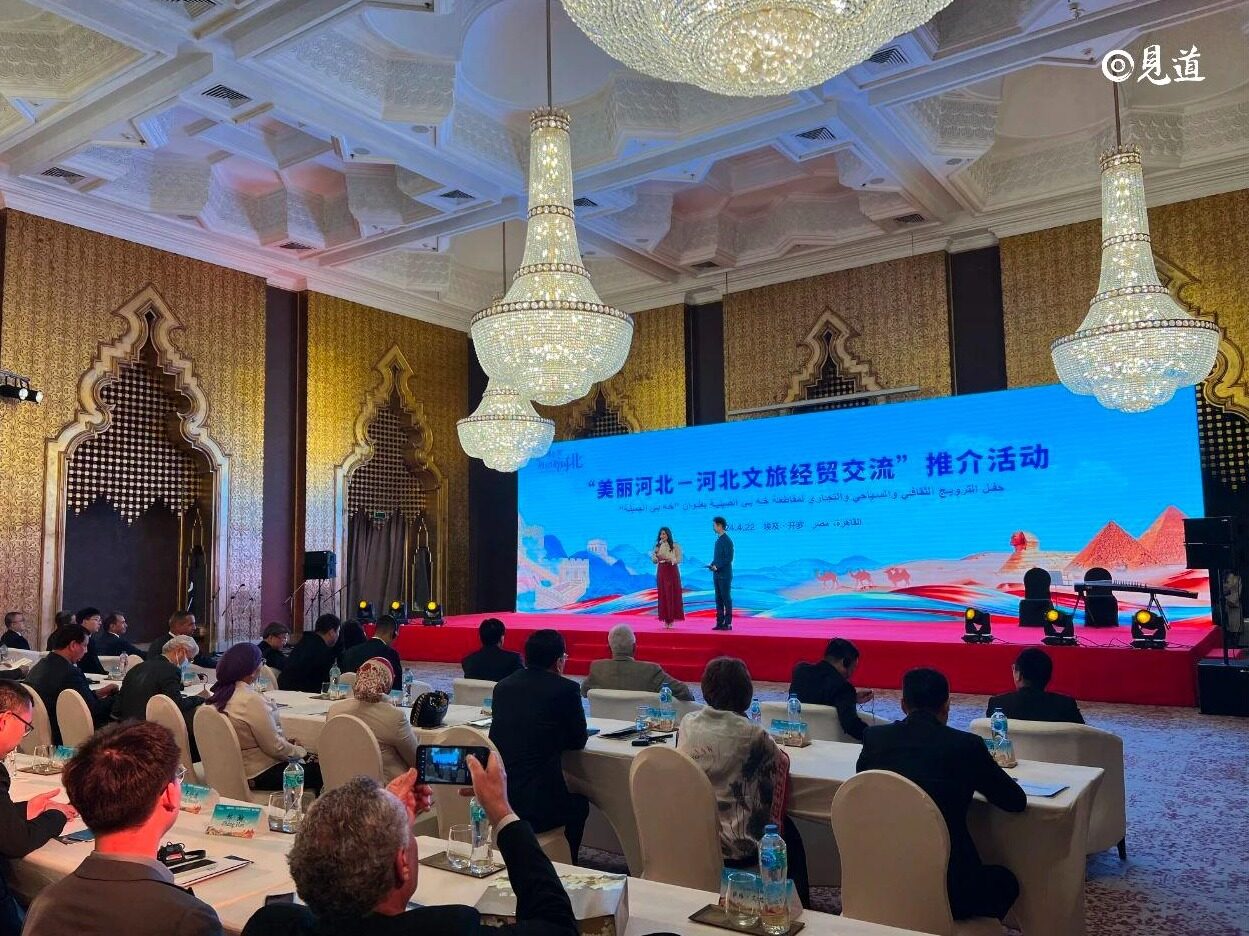
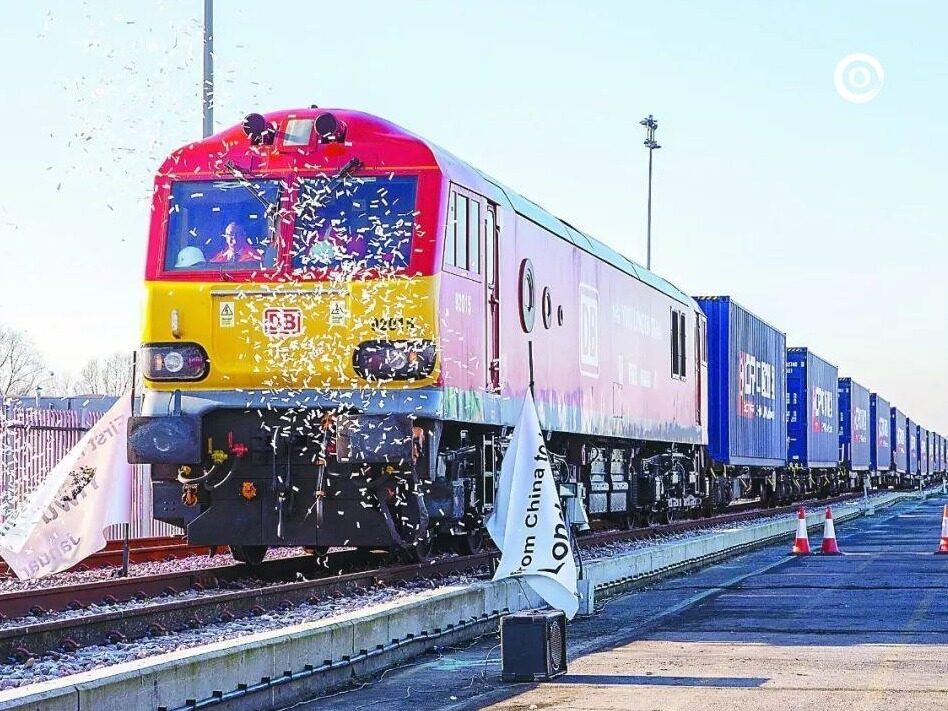






Write something~